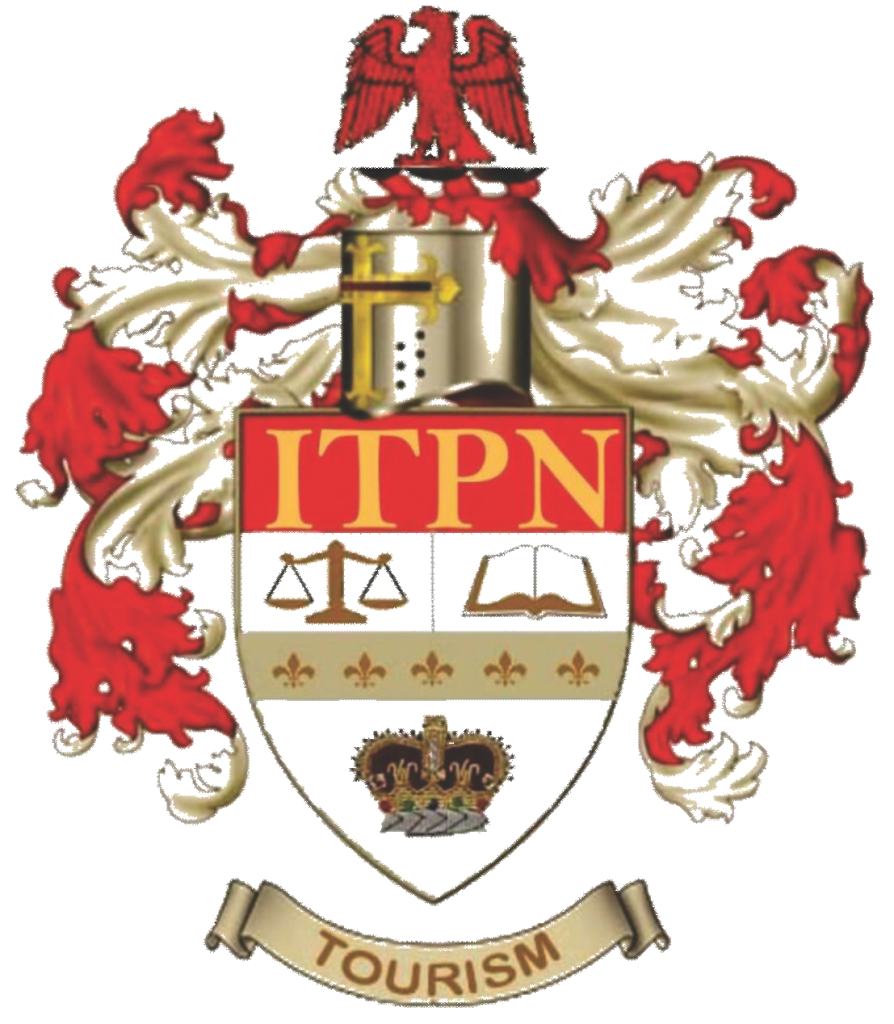FOOD SATEFTY INSPECTION TRAINING PROGRAMME
Food Safety Inspection (FSI): A regulatory role performed by regulatory and enforcement personnel responsible for conducting food safety inspections of one or more of the following types of establishments:
- Public and Private Organisations food services,
- Tourism, Hospitality, Catering, Leisure, Road Side, Grocery stores, Restaurants, and other food services.
- Food and drink manufacturing industry, food processing, food assembly, packaging, and food storage.
In addition to inspecting premises for food safety, Public and Environmental Health inspectors and the Area Local Councils Food handling, Inspection and Certification Unit carry out food standards inspections which include the quality, composition, labelling, presentation and advertising of food and also materials or articles in contact with food.
The establishment in which food is being handled, processed, manufactured, packed, stored, and distributed by the food business operator and the persons handling them should conform to the sanitary and hygienic requirement, food safety measures and other standard
This targeted essential training programme is designed to ensure that Local government, Public Health institutions and other organisations undertaking inspection of food business establishments are suitably trained by undergoing the Premises Inspection essential training programme endorsed by Environmental Health Officers Registration Council of Nigeria.
Learning Outcomes
At the end of this training programme, participants will be able to:
- Review and discuss the methods of managing food safety utilised by a food authority.
- Apply a range of audit and inspection techniques available for use by Authorised Officers and be able to explain the process of planning, executing and monitoring the audit process and the inspection of premises.
- State the criteria appropriate to the establishment and design, layout and construction of food premises and equipment in relation to food safety.
- Detail the requirements for the safe handling of food and evaluate the purpose and adequacy of training and education for food handlers.
- Propose and evaluate a range of methods to achieve the control of food hazards within food premises.
- Explain all the stages of HACCP and be able to apply the principles to a range of food businesses including; the identification of hazards, controls, critical limits and critical control points and detail appropriate methods of verification and monitoring.
- Identify defects in premises, equipment and management systems and suggest appropriate methods of control.
- Identify the range of pests associated with food premises and products and describe appropriate methods for their prevention and control.
- Detail and evaluate the range of quality management systems available for use by businesses.
- Detail the methods for the assessment of microbiological standards related to foods and food premises and the evaluation of sample results.
- Present information effectively in both written (i.e. inspection reports, notices) and oral form, and analyse the barriers to effective communication.
- Describe and utilise the method of inspection rating to a range of premises.
- Detail the role of the Food Examiner and Public Analyst in the assessment of food safety issues.


